Wonkhe and Pearson have collaborated to highlight what students value about remote and flexible learning aspects. The CMA have called out price fixing which may have increased the cost of good and services provided to disabled students. The Government have announced additional hardship funding to be distributed to students although we still don’t know about the methodology the OfS will use to distribute this. There’s a code for free speech proposed by Students’ Unions. And the appointment of the new Chair of the Office for Students, Lord Wharton, continues to be controversial.
New OfS Chair
The Commons Education Committee held a pre-appointment hearing with Lord James Wharton of Yarm who the Government intend to appoint to become the next chair of the Office for Students. Lord Wharton has stated he will not resign the Conservative Whip if he is appointed to the OfS (this means he will vote as directed by the Conservative party in divisions). While in practice as a Lord it is acceptable that Wharton will act according to his personal political stance, this is still unusual. Similar concerns were raised when Baroness Harding was appointed as head of NHS Test and Trace and also retained the Tory whip..
Wharton was only appointed to the House of Lords by Boris Johnson in 2020, the current Government has been recognised (and criticised) for its approach to several high level appointments (e.g. Harding and the new Chair of the BBC).
Wharton has little background or previously stated interest in education. Wonkhe have a great blog on the potential appointment, here’s a snide little snippet: If being put forward for a government-backed role makes Private Eye, you have a problem. The process itself was notably light on educational expertise and heavy on being mates with Boris, and it clearly generated a nomination where educational expertise was not the primary criteria. The same Wonkhe blog quickly gallops through the content of the Education Committee hearing – it is worth a read to understand Wharton’s priorities and areas where it seems he has some more background reading to do.
Research Professional also cover the story here:
- However, responding to a question from Tory committee member David Simmonds about the potential difficulties of holding the whip while chairing an independent regulator, Wharton rejected the idea that such a clear conflict of interest was really a conflict of interest at all—and offered assurance that he had held discussions with the other party whips already.
- “What I have made clear, and what they have agreed, is that on issues of conflict—if they arise—with my role in the OfS, if I’m appointed, they would give me more latitude and understand that I may need to vote against or speak against some of the things the party in government could bring forward.”
- It sounds to Playbook rather like the independence of the OfS chair will be underpinned by what might best be described as a gentleman’s agreement. Perhaps England’s regulator will adopt this approach to its formal duties when Wharton takes up his role. It would certainly help with the OfS’s desire to be more ‘light touch’.
- …Another theme Wharton returned to a number of times during the session was the need for more “risk-based regulation”: reducing the regulatory burden for some, but increasing it when required.
- “In some ways, some of our top universities will not need and should not need to be monitored as closely on quality of output in terms of academic output, for example,” he said. “But there are other areas in which some of those universities are not doing as well as they should.” This was in response to a question about Black, Asian and minority ethnic student access at “top” universities.
You can read the letter from the Commissioner for Public Appointments to the Education Select Committee here (it briefly touches upon some of the controversial aspects mentioned above such as panel membership). The letter was sent in advance of the Education Committee hearing. The letter states: I note that Lord Wharton was assessed as appointable by the Panel, along with three other candidates. The choice between these appointable candidates is entirely a matter for ministers. Williamson’s (pre-hearing) letter stating Wharton as the strongest candidate is here.
Here is Dods’ summary of the Education Committee pre-appointment hearing for the OfS Chair position.
The Government’s announcement confirming who will hold the OfS Chair position can be expected imminently.
Research
Amanda Solloway, the Science Minister, has done an interview with Research Professional in which she describes her personal experience of sexual harassment and discrimination and sets out her mission to stamp it out.
UKRI Chief Executive Professor Dame Ottoline Leyser has a blog on debunking the Einstein myth and increasing diversity of the workforce.
- …despite the diverse opportunities, many people do not see themselves working in research and innovation. They don’t see it as a place for them…This is perhaps not surprising since a popular image of researchers and innovators is one of Einstein-like geniuses: superhumanly clever, obsessed with their work and driven by pure logic. They work alone in dusty libraries or in labs full of bubbling liquids doing arcane things that will either save the world or destroy it…But researchers and innovators know very well that they are not geniuses marching toward the truth using pure logic. Rather than helping them deal with the inherent insecurities of their work, the myth ultimately amplifies insecurity, leaving the sector riddled with imposter syndrome…So the lone genius perception segregates research and innovation into a remote and alien corner of society that looks unattractive and unwelcoming to the diverse people that the system needs, and it inhibits the collaborative supportive research culture we need to catalyse creative discovery and innovation…Ultimately, we will relegate research and innovation to the margins of our society, making it much harder to reap the benefits and much harder to identify and prioritise the challenges people really care about. We need to build a truly inclusive system that values and nurtures a much wider range of careers and career paths. A good place to start is to change ideas about who is part of the research and innovation system.
- To get the ball rolling, I am delighted to be collaborating with the Minister for Science Research and Innovation, Amanda Solloway, to find 101 people, doing 101 different jobs that make major contributions to research and innovation, but who are not researchers and innovators. If you are one such person, or work with one and would like to participate in this project please email your suggestion to stories@ukri.org. I am also keen to hear about other ideas and initiatives that could support a more inclusive definition of the research and innovation system.
REF flexibility: At the end of last week the REF team provided more details on the extra support to help universities struggling to complete during lockdown:
- Universities are no longer required to submit corroborating evidence for impact case studies, however, any evidence should be held by the institution in the event of audit. Uploaded evidence should be submitted by 1 June.
- Errors can be corrected up to six weeks after the 31 March submission deadline.
- More information was published on the labelling and delivery of physical outputs and redacting impact case studies for publication.
ARPA
- UK ARPA ‘should run like a venture capital’ says former Head of Innovate UK. Ruth McKernan, now Chair of the BioIndustry Association, spoke out on 27 January at a Foundation for Science and Technology meeting exploring the UK ARPA which is expected to launch this year with £50 million in seed funding. Ruth advised that the UK ARPA should be designed in the spirit of a venture capital fund in order to reduce red tape and enable the speed and flexibility required to deliver high-risk, high-returns research.
- Meanwhile on Monday Dods/The Financial Times reported that: new Business Secretary, Kwasi Kwarteng, is pushing forward with plans to form the anticipated scientific research agency, and that legislation could be drawn up within weeks. As the agency is a standalone organisation, separate from UKRI, it requires its own legislation. The Treasury has authorised £800m of spending on the agency, which will fund “cutting-edge, high-risk, high-reward science here in the UK,” particularly in areas such as AI and data.
JISC – Support research & innovation 2021-23
Towards the end of last week Jisc published their research and innovation sector strategy 2021-23, setting out their seven key theme priorities identified through their engagement with the sector. Dods summarise:
- Supporting a new national data infrastructure for research
- Never before have research and innovation been so dependent on infrastructure, on the capacity of network, security, connectivity and access management. This dependency will continue to grow.
- Jisc commit to supporting a new national data infrastructure for research, underpinned by their existing Janet Network, cyber security, cloud and data infrastructures and will coordinate the implementation of a flexible set of solutions for institutions and research collaborations.
- UK research analytics: understanding systems, cultures, resources and decision-making
- The data produced through the processes of research management could be used on a greater scale to transform research systems, cultures and decision-making. Exponentially upgraded analytical capacity is needed to build the strategic capabilities of UK research.
- Jisc will examine the potential for a new UK research analytics platform and service, enhancing their existing analytics capabilities
- Recording the UK’s ‘research estate’ in support of a UK-wide research capability
- The ability to identify, deploy, share and re-use physical and intangible assets that comprise the research estate are central to delivering efficiencies, the civic agenda, levelling up, open research and achieving net-zero. These assets also include the significant infrastructure which gives access to research, including content, library and archival collections.
- Jisc will explore expanding the well-established digital approaches to the management and use of these assets
- Accelerating the achievement, delivery and monitoring of the journey to open research
- Open research extends beyond the boundaries of open access articles to all research outputs, including metadata, data, code, algorithms and software, as well as the processes of research itself. It will continue to be a high priority for the UK research base, for funders and for Jisc.
- Jisc commit to helping the UK embrace the full potential of open research by removing barriers, embedding open practices and developing infrastructure to support this potential.
- Applied research and knowledge exchange: supporting its commercialisation and deployment
- The interconnected systems producing world-class research and innovation are increasingly reliant on shared and secure infrastructure to enable their growth. The breadth of academic-industry collaborations and commercial spinouts from academic research is set to grow.
- Jisc commit to further supporting the acceleration of the impact of and knowledge exchange from research commercialisation through the enhanced use of shared research infrastructure.
- Rapid innovation in research management and active research
- Research integrity, reproducibility and reuse, evaluation and assessment, new and inclusive forms of excellence and the responsible use of metrics are all areas that offer significant potential for greater efficiency and interoperability.
- Jisc commit to exploring and building on innovative approaches in research management, including enhanced system interoperability, common data repository standards and metrics aggregator models
- ‘Research 4.0’: realising the art of the possible
- Advanced technologies such as artificial intelligence, robotics, 5G, quantum computing and biotechnologies are set to impact the UK’s world-leading research and innovation sector in the years ahead in ways yet to be imagined.
- Jisc propose a technical enablers programme focusing on exemplifying leading-edge specialisms and a ‘research reimagined’ programme to better understand this future potential with and on behalf of our members.
Quick News update
- The British Academy has submitted its pre-budget report to the Treasury calling for Horizon Europe funding to be ring fenced separately from BEIS research funding:
- The funds required for Horizon Europe association should be additional to the existing budget for research and innovation, in order that we support and build the UK’s reputation as a global research and innovation leader in this period of uncertainty and upheaval.
- And on ODA: We also wish to emphasise the importance and value of funding for global research and innovation activities through the UK’s Official Development Assistance (ODA) budget. Any reduction in the levels of the UK’s Official Development Assistance (ODA) budget for research and innovation activity will directly harm the UK’s ability to maintain its global position in terms of science and research. We are extremely concerned that even a temporary reduction in funding for scientific research will compromise the ability of the UK to act as a leader in addressing global challenges and building capacity in research talent, particularly at a time when COVID-19 has demonstrated the critical need for global collaboration. Both the £1.5bn Global Challenges Research Fund (GCRF) and the £735m Newton Fund come under the aid budget.
- Press release here.
- Professor Matt Lambon Ralph has been appointed Chair of the Medical Research Council (MRC) Non-Clinical Training and Career Development Panel. Matt was previously Associate Vice-President for Research at the University of Manchester including a focus on early career researchers. The panel is responsible for assessing applications for non-clinical fellowships across the MRC research portfolio. He is expected to sit on the panel for the standard length of four years.
- UKRI and the Met Office have appointed Dr Gary Fuller (Imperial College London) as the new Clean Air Champion for the Strategic Priorities Fund Clean Air Programme (£42.5 million R&I investment programme). He joins the existing champions Professor Sir Stephen Holgate and Dr Jenny Baverstock. They will bring together outstanding researchers across atmospheric, medical and social sciences to develop practical solutions for air quality issues… equipping the UK to proactively tackle future air quality challenges related to changing emissions, exposure patterns and impacts on vulnerable groups of people.
- UKRI has a news story on the Innovate UK £134 million in continuity loans to support small businesses drive on with innovative and exciting new products and services. Loans of between £250,000 and £1.6 million have been made to small and medium-sized businesses (SMEs) and third sector organisations that would otherwise have struggled to continue with research and development activity.
- The Public Accounts Committee has launched an inquiry into the Industrial Strategy Challenge Fund. The Fund awards support for research and development projects under the Industrial Strategy four themes – clean growth, the ageing society, the future of mobility and artificial intelligence & the data economy. It constitutes a significant part of the Government’s commitment to spend £4.7 billion on R&D. The Committee will question senior officials at BEIS and UKRI on the management of the Fund, focussing on the design of the Fund and oversight of its implementation, and the approach taken to considering performance and progress in making the awards. The timing and announcement of the inquiry is interesting – we’ll be keeping an eye on this one.
- Chris Skidmore writes in Conservative Home highlighting how Brexit has enabled the UK to respond faster on issues such as Covid vaccinations. He continues to argue about a focus on research.
- With a new American President that believes in the power of science and research, the Prime Minister has found an ally and common ground upon which he can transform into a special science relationship. Focus on ‘shared values’ is intended to be a key part of the G7— what better value could there be to focus upon than investment in research and innovation?
- A new international research fund, a new alliance of research universities, the chance to forge new international science programmes dedicated to transforming and de-carbonising energy supply… the potential is enormous. Yes, we can build back better, but we can do so much more effectively if we research back better too.
- The Business Secretary, Kwasi Kwarteng, has set out plans for a new UK subsidy control system: which will be the long-term replacement for the EU’s prescriptive state aid regime, will allow the UK to be more dynamic in providing support to businesses, including in innovative, R&D-focused industries, to encourage job creation and growth across all parts of the UK. [You’ll remember that state aid was a big issue in the Brexit negotiations at the end of the year].
- The PM has established a new Taskforce on Innovation, Growth and Regulatory Reform (TIGRR) which will identify and develop proposals across a range of areas that will drive innovation and competitiveness, reduce barriers to start-ups and scale-ups, create opportunities for innovation to make the most of cutting-edge technologies, and support growth and dynamism right across the UK economy. In particular:
- Opportunities which could drive innovation and accelerate the commercialisation and safe adoption of new technologies, cementing the UK’s position as a global science and technology superpower.
- Opportunities to reduce barriers to entry in specific markets and make markets more dynamic and contestable across the economy.
- Opportunities to reduce administrative barriers to scaling up productive businesses; and to tailor any necessary processes to the needs of UK start-ups and SMEs while maintaining the Government’s commitment to high environmental standards and worker protections.
- Opportunities to improve small business’ experience of necessary regulatory requirements.
- Sectors of the economy or regulatory frameworks which should be prioritised for further regulatory deep dives.
The Taskforce is expected to report back to the PM in April. Their findings will be considered alongside the Government’s broader economic growth and regulatory agenda. Cynics will remember the “bonfire of the quangos” under the Cameron government (this FT article reports the National Audit Office report that 285 public bodies were abolished but 184 new organsiations were created at the same time).
Parliamentary Questions
- PhD extensions – I [Amanda Solloway] regularly meet with … the CEO of UKRI…to monitor how the pandemic is affecting UKRI-funded PhD students and the wider research system. We will continue to monitor the impacts of COVID-19 and UKRI continues to listen and respond carefully as the situation evolves.
- What effect the 30% reduction in the Official Development Assistance allocation will have on the Government’s ringfenced climate change and R&D funding commitments.
Admissions
There was UCAS data released on 4th February.
Dods summarise the UCAS application and acceptance figures for the 2020 cycle:
There were 2,788,715 applications in this cycle – an increase on the 2019 cycle
- Across all providers, there were 570,475 accepted applicants
- There were 156,280 unconditional offers made
- Providers across the UK had a 71.4% offer rate (72.8% in England, 56.6% in Scotland, 79% in Wales, 77.2% in NI)
- Among lower tariff providers, this figure was 7%
- Among medium tariff providers, this figure was 2%
- Among higher tariff providers, this figure was 9%
- Offer rates for UK 18 year olds by POLAR4 quintile were:
- Q1: 78.6%
- Q2: 78.9%
- Q3: 79.4%
- Q4: 79.7%
- Q5: 80.5%
Key findings and trends:
- Acceptances to computer science courses have risen by almost 50% (from 20,420 in 2011 to 30,090 in 2020)
- Acceptances to engineering courses are up 21% from 25,995 in 2011 to 31,545 in 2020 – driven by an increase in demand from UK 18 year olds
- Acceptances to the newer artificial intelligence (AI) courses have seen a 400% rise in the past decade (from just 65 in 2011 to 355 in 2020)
- Despite the removal of NHS bursaries in 2017, demand for nursing places is now almost at the same level seen in 2011 (62,920 applicants made a nursing choice in 2020 compared to 63,275 in 2011) and acceptances have grown by 57% – representing an additional 13,635 students
- With the expansion of medical places in the last few years, acceptances to medicine courses are at the highest level on record, growing 37% since 2017
- Law increased from 22,720 acceptances in 2011 to 29,105 acceptances in 2020, with substantial increases to both higher and medium tariff providers across this period
- Business increased from 61,100 acceptances in 2011 to 75,515 in 2020. Growth in acceptances across all provider tariff bands – with by far the largest increase to higher tariff providers
- Psychology acceptances increase from 16,685 in 2011 to 26,200 in 2020. Again, there were increases across all tariff bands, with medium and higher tariff providers experiencing the largest increases
- Humanities subjects have decreased in popularity over the last decade. English studies have seen a decrease from 10,020 acceptances in 2011 to 6,980 this year in 2020, and history and philosophical studies from 15,060 in 2011 to 12,870, though the data shows this decline seems to be confined to lower and medium tariff providers
- Acceptances to modern language degree courses have decreased by 36% – from 6,005 in 2011 to 3,830 in 2020 across all tariff groups. This drop in demand is seen alongside a decrease in language A level entrants over the same timeframe.
Given the reverses in policy (student number controls and centre-assessed grades), the controversy about unconditional offers, last this year was a pretty interesting one for admissions teams. Some of these things have implications this year too – we still have a ban on unconditional offers, and this year the impact of whatever Ofqual end up with will almost certainly ensure that there are once again more students with higher grades entering university. The Russell Group are already asking for money to help them take more students in September (again). And all this is just in time for another huge reversal of approach as the government consult on minimum entry requirements and post-qualification admissions. Catch up on our policy update from 21st January on minimum entry requirements, and you can read the PQA consultation here (it runs until May, so no rush).
- A data rich piece by David Kernohan using UCAS data on unconditional offer This was the big story just under a year ago, as despite strong Ministerial and OfS criticism of unconditional offers up to that point, and particularly strong pressure on “conditional unconditional offers”. When the pandemic hit and exams were cancelled, some universities allegedly made many more unconditional offers, on the basis that it would remove stress for school and college leavers. Of course, in March, as we went into the first lockdown, Michelle Donelan ordered universities to stop making unconditional offers, in a “moratorium” that later turned into a “time-limited” condition of registration with the OfS that remains in place today. In their consultation the OfS proposed making the condition retrospective, with a view to penalising those universities who had made offers in the crucial early weeks of March – but this idea was dropped. We might expect a response to the UCAS data from the OfS, which might not be super positive about it.
- A piece on subject trends from UCAS data – including what they call the “Chris Whitty effect” as applications increased for health and social care programmes in 2020. This is of course good news for us all, especially given concerns about the impact of the controversial removal of NHS bursaries for these course and the incredible contribution made by many students during the pandemic on placement or starting paid work before the end of their courses. In the piece, Sander Kristel, Chief Operations Officer at UCAS also looks at numbers for STEM, and the gender divide, and the decline in language students, and in English and humanities subjects too. David Kernohan of Wonkhe contributes some rich data on applications over time, by subject and by provider.
- And an overview on the overall cycle, again by David Kernohan, with some startling data about winners and losers in terms of student numbers in 2020 and some analysis of student movements. In case you’ve forgotten, as well as a
HEPI has a piece from former universities minister (and former VC) Bill Rammell and education consultant Abhishek Nakhate on the ways that universities can turn knowledge of their applicants into successful recruitment.
Wonkhe also tell us that TES has an opinion piece on the opportunity in the Department for Education’s PQA consultation to uncouple university admissions from A levels completely.
Free Speech
On Monday Wonkhe announced the publication of a collaboration with a group of students leading students’ unions on free speech: Taking the debate forward: A new code to secure and champion freedom of speech and political diversity on campus. Wonkhe also gather together a series of information and recent content on free speech here.
Support for the new code has been given by Adam Clarke, Policy Manager, for the Russell Group. He states:
- Universities, students and government all want to protect free speech and ensure robust academic debate. Engaging with challenging ideas is a vital element of the academic experience in UK universities.
- As Wonkhe’s analysis shows, the overwhelming majority of planned students’ union events go ahead, giving speakers the opportunity to present controversial ideas on campus, which students can interrogate.
- The proposals in this report are intended to help students’ unions broaden the range of views students are exposed to and continue to champion free speech on campus effectively. It sets out sensible additional steps students’ unions can take as independent bodies to protect free speech and how universities can support them in this critical work.
- The creation of a new free speech code with an explicit goal of increasing the volume and diversity of debates on campuses would help students’ unions go further in their efforts to defend and maintain freedom of expression.
The Minister speaks (and writes, to everyone)
Universities Minister, Michelle Donelan, announced £50 million of new hardship funding for HE providers (to be distributed by the OfS). The Government press release states: The increased financial support comes as the majority of students have been asked to continue their studies remotely, as part of measures to reduce the transmission of coronavirus…The new funding means that universities will be able to help students impacted by the pandemic, for example those facing additional costs for alternative accommodation, loss of employment, or extra costs to access their teaching online. Universities will distribute the funding and will be able to prioritise the funding to those most in need of help. The Government also stated it wanted universities to offer partial refunds for unused accommodation. No doubt the Government are hoping this will head off calls for tuition and rent refunds, at least for a few weeks. The written ministerial statement is here.
Universities Minister Michelle Donelan said:
- This continues to be an incredibly difficult and challenging time for our students, and I am hugely grateful to all the university staff working hard to prioritise their health, wellbeing and learning during this pandemic. The additional £50 million that we are announcing today will mean we have distributed £70m for hardship in this financial year alone – on top of the £256m of government-funded student premium which universities can use for student support this academic year. This additional support will provide real, tangible help for those students struggling financially as a result of the pandemic. We will continue to prioritise a full return to education as soon possible, in line with public health advice. I am also working with universities and professional bodies to ensure students can graduate as planned.
- On distributing the funds Wonkhe have stated that the DfE tells us the mechanism for doing so is yet to be determined, and we understand that OfS will shortly be writing to provider accountable officers with a proposed distribution methodology.
On Wednesday Donelan made a statement to the House explaining that HE providers will have flexibility in how they distribute funding to students including to masters and international students. There was also an urgent question from Paul Blomfield in the House of Commons on Wednesday and Jim Dickinson (of Wonkhe) has live tweeted the whole debate – very funny but also rather sad.
If you can face it, you can re-read MD’s original set of late on a Friday night tweets (STUDENT MESSAGES 1- 6) that so enraged so many.
Donelan spoke on Radio 4 stating she wanted to ensure students and HE providers understood that hardship support from this funding shouldn’t be just a one-time offer, that students could return to their providers for additional help later on, where appropriate and if required.
Many organisations published their reactions to the announcement. We’ve picked out the key stakeholders who continue to call for the Government to do more:
- Alistair Jarvis, Chief Executive of Universities UK, said: While the additional funding is welcome, the government must also acknowledge that student hardship is just one of many increasingly difficult issues facing students, universities and staff at this time. As the serious mental health impact of the pandemic continues to be felt, universities need further funding to alleviate the substantial increases in demand that university wellbeing and support services are experiencing. Although university staff are making huge efforts to offer high quality online learning, the government should provide support that recognises that students are missing out on the wider student experience that they would benefit from in a normal year.
- Dr Tim Bradshaw, Chief Executive of the Russell Group, said: It is good to see…measures further boosted by the Government with additional funds specifically for students facing difficulties with day-to-day living costs. This group is likely to be far wider than those who would normally be eligible for support through OfS student premium funding.
- NUS National President Larissa Kennedy said: …this will not be enough to tackle the scale of the issue. If Westminster did the right thing and matched the hardship funding being made available in Wales for students the amount needed would be more than £700m…The pandemic has exposed the flaws at the core of our education system – it functions at the expense of students’ mental health and wellbeing, and through our financial exploitation…We also need a long term solution to ensure that no student suffers in this way again. The Government must adopt a new vision for education, starting with a return to maintenance grant funding and a boost in how much students can access, redressing extortionate housing costs, and moving towards fully funded education so students are never pushed into these kinds of dire financial situations
On Thursday the Minister published yet another open letter to students (sent to universities late on Tuesday). It repeats much of the content of previous letters, including about how to complain. You can read the full text of the letter it in the Minister’s tweet here.
In an expansion of the now well established DfE practice of sending open letters to students to be shared by providers (usually arriving late at night, often on a Friday), this time in a burst of creative energy the Minister also wrote to staff at providers. BU readers can find the message here.
Access & Participation
Social Mobility Commission
We learn the reasoning behind the move of the Commission to the Cabinet office here:
- This move aligns with a recent recommendation by the Chair of the Commission on Race and Ethnic Disparities, the Social Mobility Commission’s (SMC) own recommendation about where it would best fit within government, and with a recommendation by the Education Select Committee in 2018.
- Moving the sponsorship of the SMC to become a key part of the new Equality Hub makes good sense and puts equality and fairness of all kinds at the heart of government. The move shows how serious this government is about acting on these issues, as part of our levelling up agenda.
There’s a parliamentary question on the Social Mobility Commission’s report Changing gears: understanding downward social mobility setting out the Government’s approach to social mobility and it also mentions the move to the Cabinet Office.
The Social Mobility Commission published its annual review and business plan 2020 this week. They state: In this extraordinarily challenging year, we have made significant strides in influencing government policy, while making meaningful connections with employers and embarking upon an ambitious programme of activities. On the move to the Cabinet Office they state: As we prepare to move to the Cabinet Office from 1 April 2021, we look forward to taking a more influential role in addressing social and regional inequality.
The report has a timeline to highlight the key milestones in 2020 (see further below). And they summarise their achievements as:
- launching an employers’ programme and microsite for businesses to help recruit more people from disadvantaged backgrounds
- publishing 13 ground-breaking research reports on aspects of social mobility which got widespread media pick-up
- reaching out to a younger audience
- In addition we built up our network of Ambassador organisations to help spread our message, held dozens of seminars, webinars, training sessions and masterclasses, and launched a campaign for increased resources on further education
There’s lots more detail in the report including short summaries and links to the key publications.
Disability – price fixing
The Competition and Markets Authority (CMA) has issued advisory letters to some firms supplying goods and services to disabled university students, following concerns that there may have been price-fixing. The Government press release with more detail is here. Excerpts from the press release:
- Price-fixing is a serious breach of competition law and can cheat people out of a lower price, which could have been available if competition was working properly.
- The CMA is concerned that SLC [Student Loans Company] – and so ultimately the taxpayer – may have paid over the odds for certain goods and services because some suppliers agreed prices before providing quotations. This alleged activity could also have reduced the overall amount which disabled students have available for purchasing equipment through the scheme.
- While the CMA has been considering these allegations, SLC has told the CMA that it is making a number of changes to the way it procures goods and services for disabled students. The changes will increase price transparency and competition amongst companies, and should therefore limit the potential for anti-competitive behaviour to take place.
- The CMA has not made a legal finding as to whether competition law has been broken at this stage, but it will keep this sector under review,
Wonkhe have a blog – Is a market the best way of supporting disabled students?
And the Student Loans Company have issued a statement following the CMA’s action stating they welcome the advisory action and that they take these allegations of anti-competitive behaviour within the DSA supplier base extremely seriously… Also they have already embarked on a programme of significant reforms, designed to transform the customer experience, improve the provision of DSA and to make the overall processes more efficient. These reforms will also increase transparency of pricing and increase competition thus limiting the potential for any anti-competitive behaviour. SLC has already procured an e-quotation system, which will allow more suppliers to quote for work and will increase transparency of pricing and competition.
Lost learning
The Institute for Fiscal Studies has published research on the crisis in lost school learning. Dods have summarised the report. The report sets out the potential long-run costs of lost schooling and finds that, as a result of the pandemic, children across the UK are likely to lose at least half a year of normal, in-person schooling. They conclude that, absent a substantial policy response, the long-run effects of this learning loss are likely to be slow-moving and substantial – arguing that, in the end, we will all be less productive, poorer, have less money to spend on public services, and we may be less happy and healthy as a result. They also say that we will probably also be more unequal, with all the social ills that come with it. Key findings:
- By February half-term, children across the UK will have lost at least half a year of normal, in person schooling. This would increase to two thirds of a year if schools weren’t to reopen as normal until Easter
- Early evidence already suggests this loss of schooling is contributing to lower educational progress and skills, particularly for disadvantaged pupils
- Existing evidence on returns to schooling would imply a long-run loss in earnings of £350bn
- If, the efforts by schools, teachers, children, parents and charities allowed us to mitigate 75% of this effect, the total loss would still be £90bn
- A large amount of these negative effects are likely to be borne by children from lower-income families, resulting in a likely rise in inequality over the long-run
- A massive injection of resources is likely to be required to help pupils properly catch up
- A useful benchmark to judge these plans is the normal cost of half a year of schooling, about £30 billion across the UK
- So far, governments across the UK have allocated about £1.5bn towards the cost of catch-up – this is highly unlikely to be sufficient to help pupils catch-up or prevent inequalities from widening.
HEPI has a blog by Gwen Morris on “Closing the attainment gap: how disadvantaged pupils have been impacted by COVID-19”
Students in the pandemic
Financial woes
Aside from the hardship funding described above, there is more heat than light on this subject.
The APPG for Students released a report from their inquiry into tuition and accommodation costs during Covid-19 making the case for compensation. (Note – an APPG inquiry does not have the same power within Parliament as an official select committee inquiry and the Government is not compelled to respond to it.)
The APPG state the priority is to provide students with the financial assistance they need now – through an emergency hardship fund and full compensation for rents for unused accommodation due to lockdown measures. Recommendations:
- The Government should substantially increase hardship funding to address rental costs for student properties they cannot access, lost income, digital poverty and other unexpected cost.
- The Government should consider the introduction of means-tested maintenance grants to assist the ‘Covid cohort’ with the costs they face.
- The Government should work with landlords to introduce measures to temporarily increase flexibility for student accommodation to allow students to leave contracts they aren’t using more easily, and to reduce pressure on landlords.
- Government should establish a ‘Covid Student Learning Remediation Fund’, to allow lost learning to be addressed through provision of educational opportunities not available through the pandemic.
- UKRI studentships for PGR students should be extended to allow research to be finished to usual high standards, in circumstances where lockdown has affected access to facilities and resources. Consideration should also be given to support for self-funded students.
Dods have an impartial and clear article on the call for refunds in The House (parliamentary) magazine. It highlights a difficult factor that the sector is fully aware of: it is unclear what shape a refund of a loan that most would never fully repay anyway would take. And other tricky elements:
- So who should pay when customers (i.e. students) feel they are no longer getting value for money? It would be easy to conclude that it should be down to HE providers themselves. But when we consider that many of the restrictions causing these issues come from government-mandated measures, and ultimately from a global pandemic, where to lay the blame becomes less clear.
- And what is a customer to do once they’ve received a refund, but are still left with what they believe to be a faulty product? Money in the pockets of students might satisfy their initial gripes, but they still might not get what they set out to achieve when they completed their UCAS application.
Wonkhe have a review article going over it all: Someone has to give in the great tuition fees battle. Who will it be? A light read as Jim Dickinson injects some great examples in there. It covers student consent to changes in the curriculum arising from the pandemic. It concludes: Something – or more specifically, someone – has to give here. And if universities have nothing left, it’s either students or DfE. OfS wagging its finger at universities is just fence-sitting. The actual side that OfS picks in the coming battle will tell us everything we need to know both about its real priorities and its “independence“.
Wonkhe also cover a mini legal hiccup relating to the vacation (Christmas) household and their term time address.
Wonkhe report: Accommodation provider Unite has announced it will extend its 50 per cent rent discount until 8 March 2021. The extension applies automatically to students who successfully applied for the original discount.
The BBC covered a letter written by the VC’s of seven universities calling for the interest on student loans to be scrapped for 15 months to ease the pressure on graduates. I.e. from lockdown 1 to summer 2021. The BBC state that just for first year undergraduates it would cost £33 million. The Government has stated that this wouldn’t support students now, which the hardship funding they announced (in Access and Participation section) will. The Government also reminded that half of students do not fully pay back their student loan. The VC’s letter also highlighted that demands for hardship funds have increased by over 100% in some universities.
On Tuesday the petitions committee met to consider e-petitions:
Guidance: The DfE published new return to campus guidance for HE students and providers. All remains as expected:
- All teaching to remain online until at least 8 March except for certain practical subjects (e.g. veterinary, policing, medicine)
- On accommodation and costsit states: Because of the changing position relating to face to face teaching and occupation of accommodation, students’ loan entitlements for the current term will not be reassessed if they are still incurring accommodation costs away from home, meaning that students in receipt of the ‘living away from home’’ loan will retain the maintenance loans paid at the start of term, which will be repaid in the usual way. This should help to ensure students have the financial support they need during these exceptional circumstances. Students who are no longer incurring accommodation costs away from home (e.g. because they have exited their contracts, or moved home permanently), or who no longer wish to receive the higher rate of loan, should continue to request reassessment.
- On testing: HE providers should set a clear expectation that all students should access coronavirus (COVID-19) testing immediately on their return to university and on a twice weekly basis thereafter (until the end of March). With students who choose not to get tested on return, to self-isolate for ten days.
Quick News: Meanwhile a review published by the Financial Conduct Authority (FCA) has found that the currently unregulated use of Buy Now Pay Later (BNPL) products nearly quadrupled to £2.7bn during 2020 and five million people had used them since the start of the pandemic. This has been flagged as a potential student concern because: The trend of younger people moving away from products such as credit cards and towards new offerings, including unregulated BNPL products was regularly raised by respondents to the review. It calls for the market to be properly regulated as there is significant potential for consumer harm. The Treasury confirmed interest-free BNPL agreements will now be regulated by the FCA. It means that providers will need to undertake affordability checks before lending and ensure that customers are treated fairly, especially those who are vulnerable and struggling with repayments.
Parliamentary Questions: No detriment
Student Experience – retaining some online learning
Dods share that Times Higher Education have published the results and subsequent report of their Digital Teaching Survey, which aims to capture an overview of universities’ digital transitions in response to the pandemic, and the effect this has on students and learning outcomes. You can view the report in full here
Carried out in October and November, the survey attracted 520 self-selecting respondents. And although the majority (334) are from the UK, a total of 46 countries are represented in the responses, spread across all continents bar Antarctica. Among the findings are:
- More than half of respondents say the initial move to online teaching had a negative effect on their mental health, and nearly six in 10 believe it hit their students’ mental health.
- Only a fifth believe that their students value remote education as much as face-to-face, but less than a third think tuition fees should be discounted when instruction moves online.
- Only four in 10 junior academics believe their reopened universities’ planning for Covid outbreaks is robust, compared with seven in 10 senior managers.
- Less than a fifth of respondents regard the two-track physical and online approach to teaching as sustainable, while two-fifths regard an online-only future as sustainable.
- Respondents are mostly unsure whether good online teaching results in stronger learning than traditional teaching, but more than twice as many disagree as agree.
- More than three-quarters would like online meetings to endure beyond the pandemic.
Wonkhe and Pearson published findings from their latest student experience research: Students’ experiences of study during Covid-19 and hopes for future learning and teaching and Pearson have a blog highlighting the key elements here. They work through what aspects of online and blended delivery should be retained in the short term, what are the areas for longer term strategic development, and what can be gratefully consigned to the dustbin of history.
There seems to be a consensus among university leaders of learning and teaching that while the explosion in online and blended learning of the past year didn’t come about in exactly the way the sector would have chosen, there’s now little sense in reverting back to the way things were before.
In the blog Pearson say:
- What university leaders may consider heartening and daunting in equal measure is that there are very few elements of online learning and teaching that the students we surveyed would not like to see continue after the pandemic.
- Also: Despite the positive endorsement of many aspects of online and blended learning, these findings should not be taken as an absolute endorsement of the quality of the academic experience as it’s currently being delivered.
- Our sense from the survey is that students understand – up to a point – the challenges facing universities and teaching staff and genuinely appreciate ongoing efforts to support them. Students were particularly warm about communications with teaching staff, with 82 per cent agreeing that tutors are responsive when they need them.
And on a quality experience:
- However, when we asked straight out whether students thought their academic experience had been of sufficiently good quality during the autumn term, only 40 per cent said yes. This increased to 56 per cent for those who had reported their course had been delivered through a mixture of face to face and online.
- You might argue that students don’t have a sufficiently nuanced understanding of the concept of “quality” to be able to answer that question meaningfully. So we also asked about aspects of course delivery.
- 32 per cent agreed and 41 per cent somewhat agreed that teaching is intellectually stimulating. 31 per cent agreed and 38 per cent somewhat agreed that their course is clear and well organised. This suggests that for the most part the basics are in place in terms of teaching and curriculum. That said, improving the organisation and signposting of courses in the VLE could be a relatively easy way for universities to further support their students in this area.
The blog also highlights (by comparison to earlier June 2020 survey) that access to feedback, support from lecturers, and access to technology and resources have all improved. Where there’s room for further investigation is in providing a consistently engaging online learning experience and bringing curriculum content to life for students.
Moving forward – continuing to teach remotely during Covid
63% would like more opportunities for interactions with other students
57% would choose more contact time with tutors
Methods to support monitoring their own progress were also highlighted. The blog states:
Only 35 per cent said they have regular indicators about how they are performing on the course. In a context where students are more isolated and have fewer opportunities to compare notes with peers or talk informally to lecturers, building opportunities for self-assessment of progress can be especially helpful to give students academic confidence and self-efficacy, especially given the finding on students’ sense of their own preparedness for formal assessment. 36 per cent said that more frequent assessments and progress reviews would make a difference to their experience.
Pearson say:
- Where educators aspire to take forward a rich flexible learning environment that blends face to face and online elements, there’s an opportunity to make some of the latent aspects of learning more explicit through the course design. For example, better user experience (UX) design of VLEs could vastly improve signposting and help set expectations around learning. With flexible learning, educators could be much less constrained by scheduled contact hours, and more able to create curriculum structures and processes that enable students to progress in their learning.
- Interaction between students need not only take place in the classroom but can be supplemented by online discussion and forums. Curriculum content can be broken down into more manageable chunks that can be digested digitally, and the classroom used for more engaging interactive tasks and activities.
- Academic skills development can be baked explicitly into learning activities with defined tasks designed to be completed during independent learning time. Crucially, students can be encouraged and supported to develop as independent learners through use of formative self-assessment. And all this could be supported with remote check-ins with tutors and online access to wellbeing, careers and academic support services.
- it’s clear that, now students have recognised the benefits of a more flexible approach,the direction of travel in meeting students expectations for the future of learning and teaching will be towards a more purposefully flexible approach that draws on the best of both online and face to face learning. Although one does wonder whether it is the institutions rather than the students that needed to recognise the benefits of flexible blended learning. The infrastructure and mindset change cannot be underestimated but we can hope the pandemic accelerated the turnaround of the proverbial educational oil tanker.
Parliamentary Questions
Regulatory
Programmes
- Increases in students studying video games degrees since 2012/13.
- A Turing (student mobility) website is coming soon – more information…and setting out the application process in the coming weeks
Augar
Inquiries and Consultations
Click here to view the updated inquiries and consultation tracker. Email us on policy@bournemouth.ac.uk if you’d like to contribute to any of the current consultations.
Many of the consultations this year have potential to be transformative for the sector. BU readers can find our response to the OfS consultation on quality and standards here. You can read the UUK response here and the one from London Higher here.
As we note above, the PQA consultation is live (we are considering a BU response)
Other news
Nick Hillman makes the case that English universities need to cultivate allies – either in wider society or in Whitehall – to prepare for the coming spending review.
Equality: Advance HE published the blog Ensuring continued steps towards gender equality. And Wonkhe report: Advance HE has released the second part of its literature review investigating the prevalence of unconscious bias in teaching and learning in higher education. Bias in the Curriculum brings together best practice from across Advance HE members, recommending that an awareness of curriculum bias be built into teaching, with students invited to co-create interventions to address it.
Youth Mental Health: Prime Minister Boris Johnson has made an announcement on appointing Dr. Alex George as a Youth Mental Health Ambassador
Law Programmes: A new Wonkhe blog – A new qualification route will shape future lawyers – the introduction of the Solicitors Qualifying Examination (SQE) offers law schools the chance to radically rethink their course offer.
Careers support: Wonkhe report: A report from the City and Guilds Group and Burning Glass finds that just 16 per cent of working adults understands how their skills would transfer to another career. The survey of just over 1,000 adults finds that 21 per cent lacked knowledge of work in other employment sectors, and 19 per cent described a “lack of confidence” in considering a second career. TES has the story.
Low quality courses: Wonkhe comment on a SRHE blog piece stating it explains how the ministerial complaints around standards and “low quality” courses have only become less coherent over the past ten years.
Brexit: Wonkhe reports that The European University Association has published a short briefing into the implications for universities of the final Brexit agreement. The document covers the UK’s withdrawal from the Eramus scheme, cross-border data sharing and trade in educational services, and travel and residence between the UK and the EU.
Youth Unemployment: In December 2020 the Lords Liaison Committee recommended that the House established a new special inquiry committee to consider youth unemployment, education and skills. This report set out recommendations for the Committee to address. They include:
- The societal trend of prioritising the A-level/University route, the consequences for the labour market and society and what steps may be taken to address this.
- The funding and support provided for technical education, including apprenticeships, sector-based skills programmes and the national skills fund.
- The challenges posed by COVID-19 and Brexit to the employment prospects for young people and how these might be addressed.
The Youth Unemployment Committee has now been established in the Lords, the details are gradually being populated here and this link names the members.
Wellbeing: Just after we sent last week’s policy update a new report was issued by Jisc and Emerge Education Student and staff wellbeing in higher education. It suggests ways in which universities can address student mental health and wellbeing by embracing technology and embedding wellbeing practices into every aspect of university life.
Subscribe!
To subscribe to the weekly policy update simply email policy@bournemouth.ac.uk. A BU email address is required to subscribe.
External readers: Thank you to our external readers who enjoy our policy updates. Not all our content is accessible to external readers, but you can continue to read our updates which omit the restricted content on the policy pages of the BU Research Blog – here’s the link.
Did you know? You can catch up on previous versions of the policy update on BU’s intranet pages here. Some links require access to a BU account- BU staff not able to click through to an external link should contact eresourceshelp@bournemouth.ac.uk for further assistance.
JANE FORSTER | SARAH CARTER
VC’s Policy Advisor Policy & Public Affairs Officer
Follow: @PolicyBU on Twitter | policy@bournemouth.ac.uk
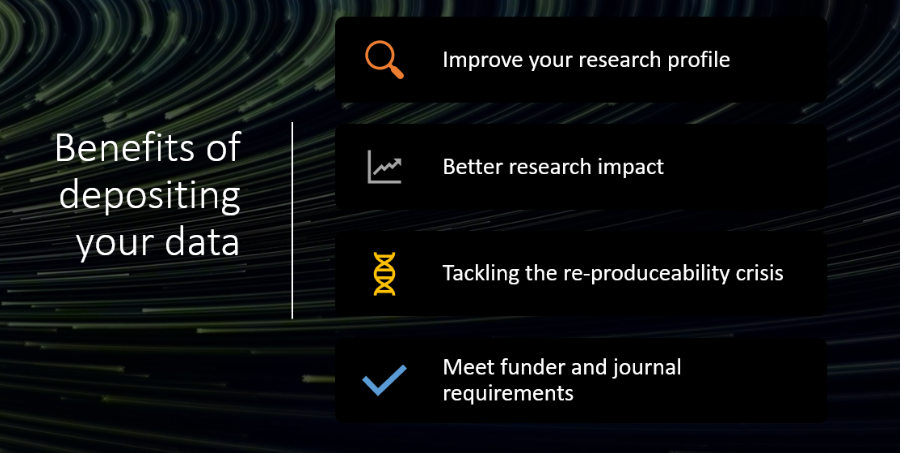


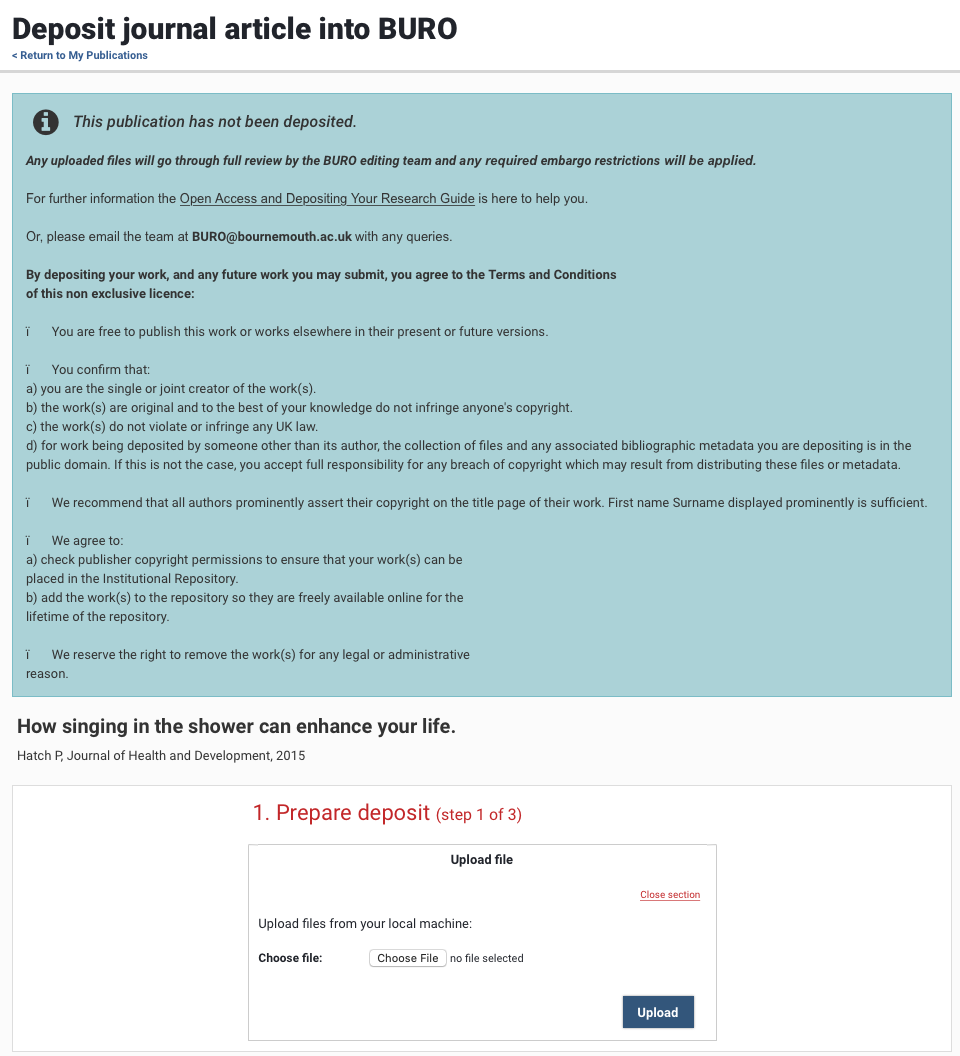
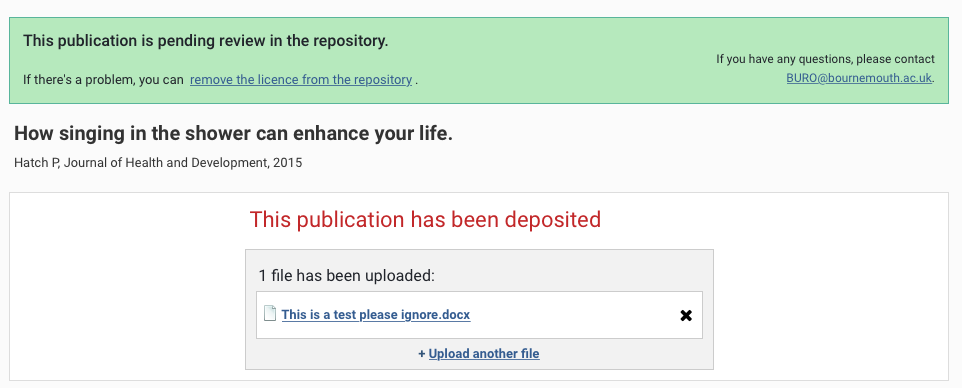
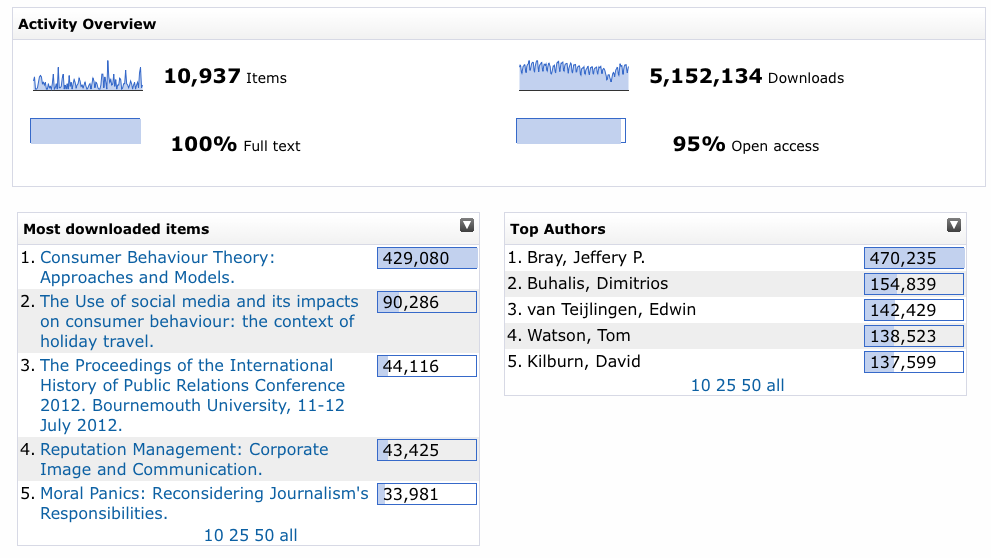




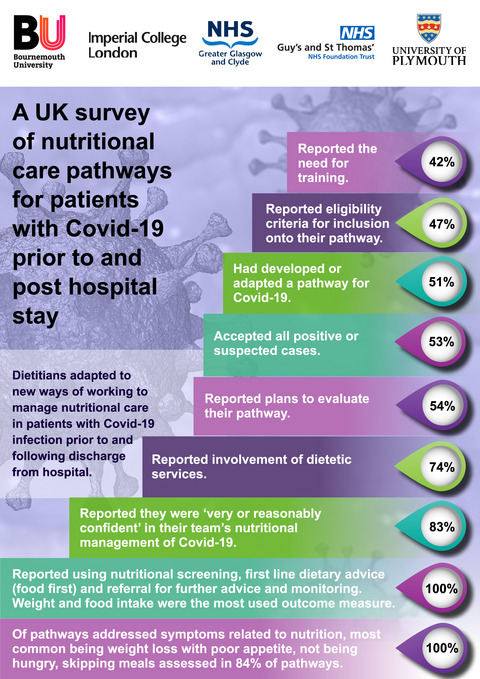
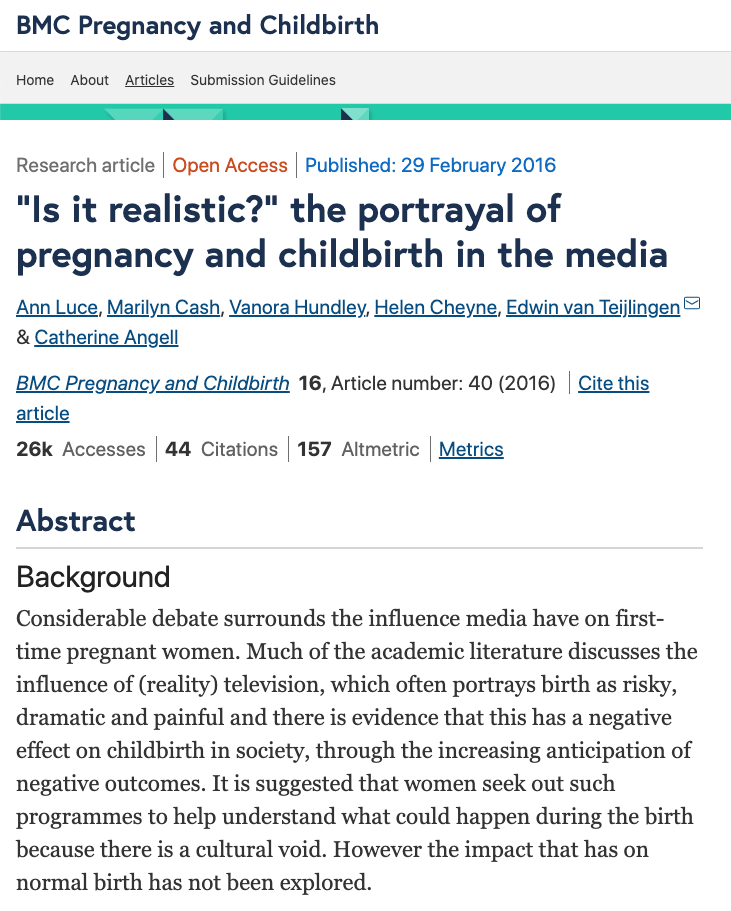


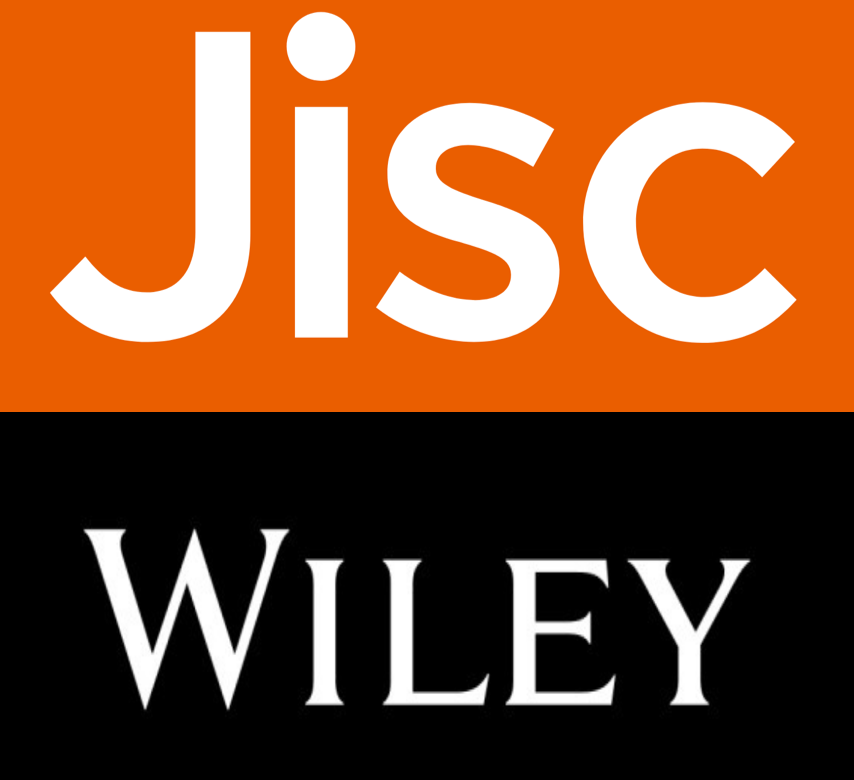


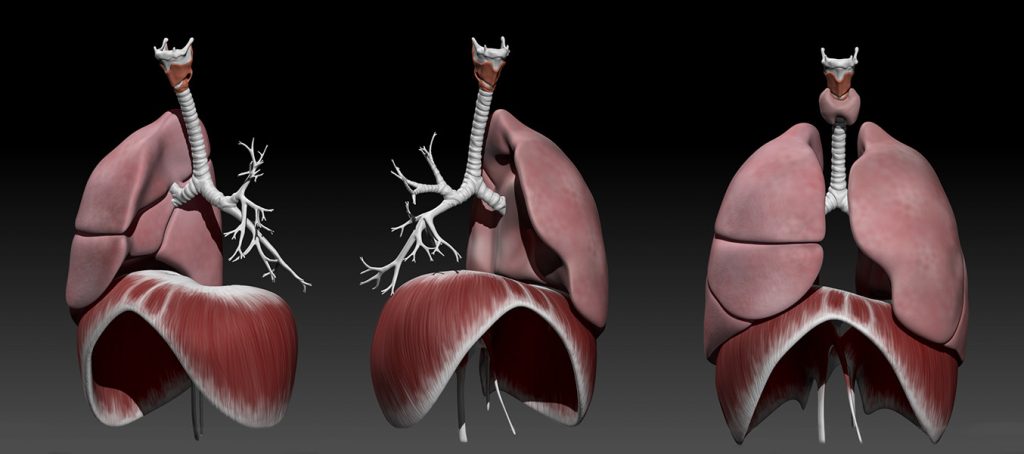
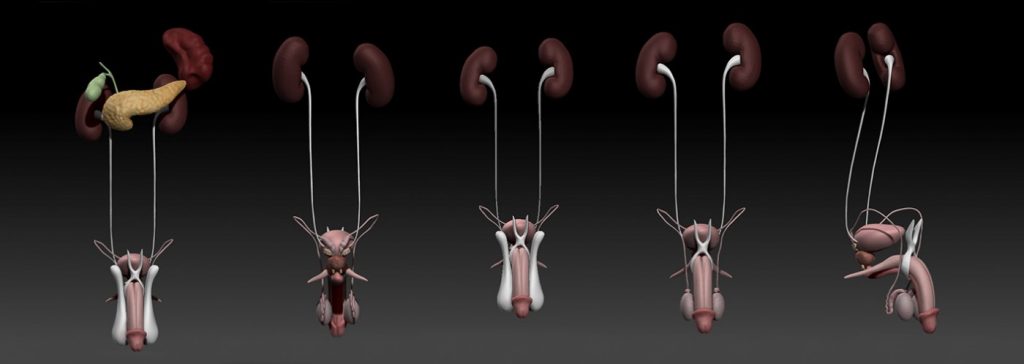
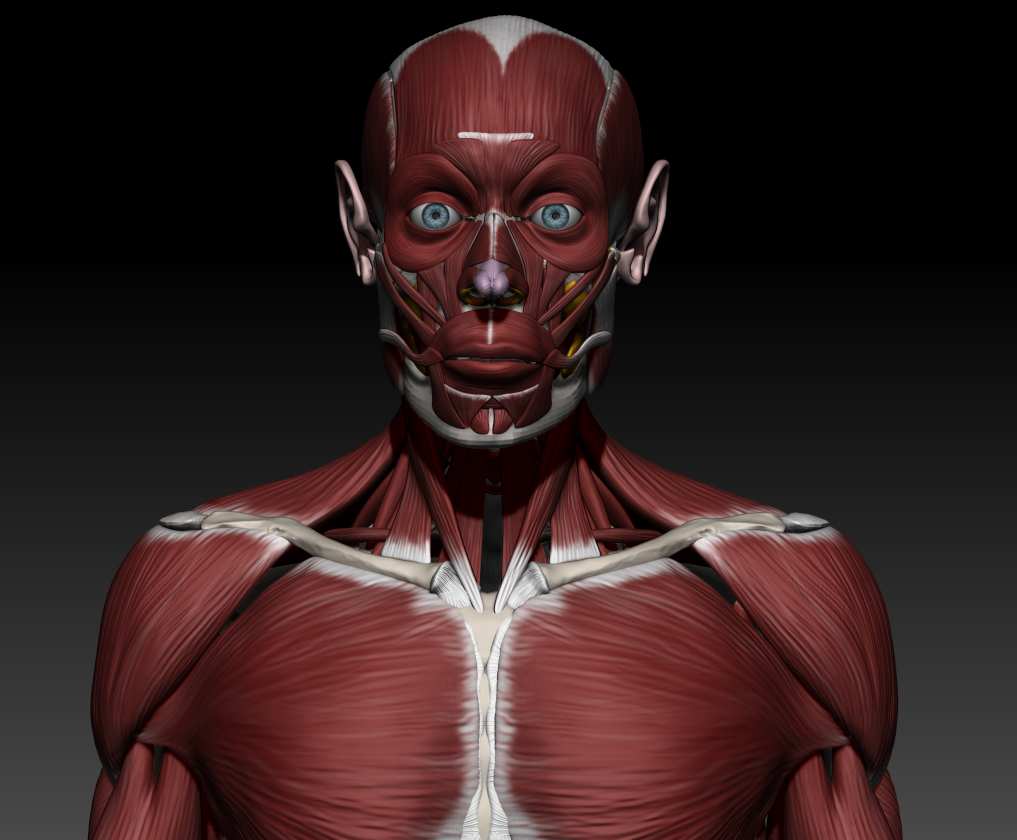
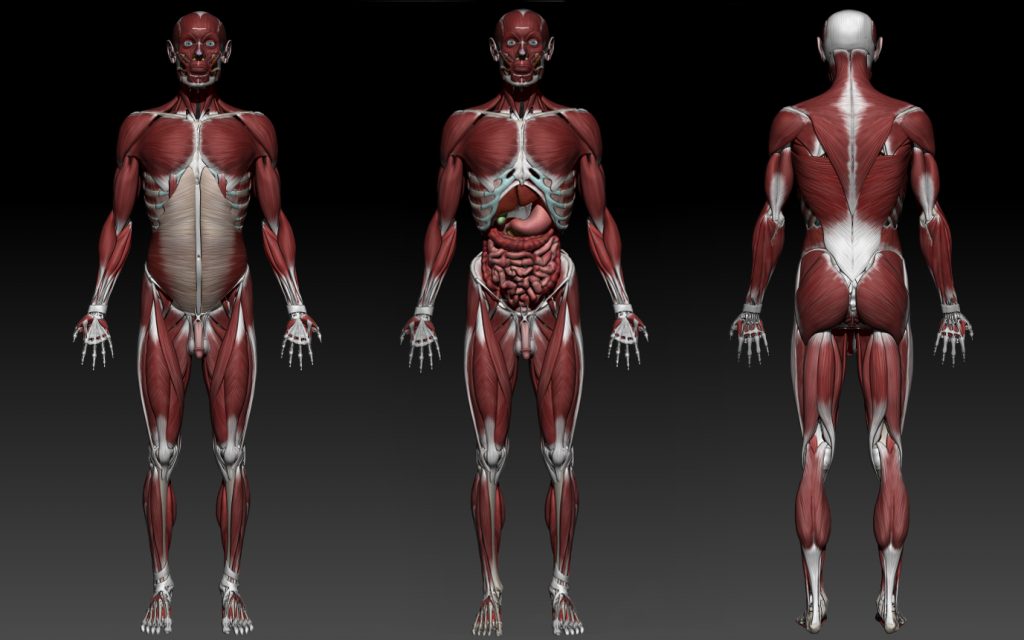
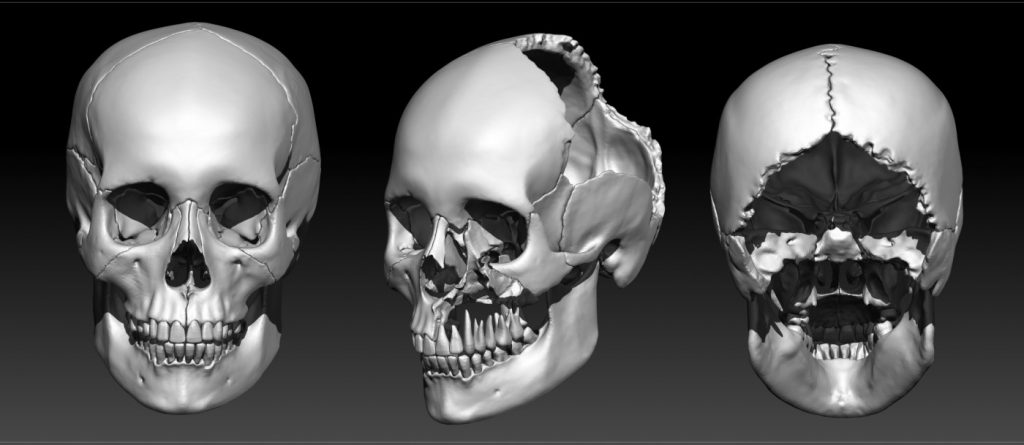
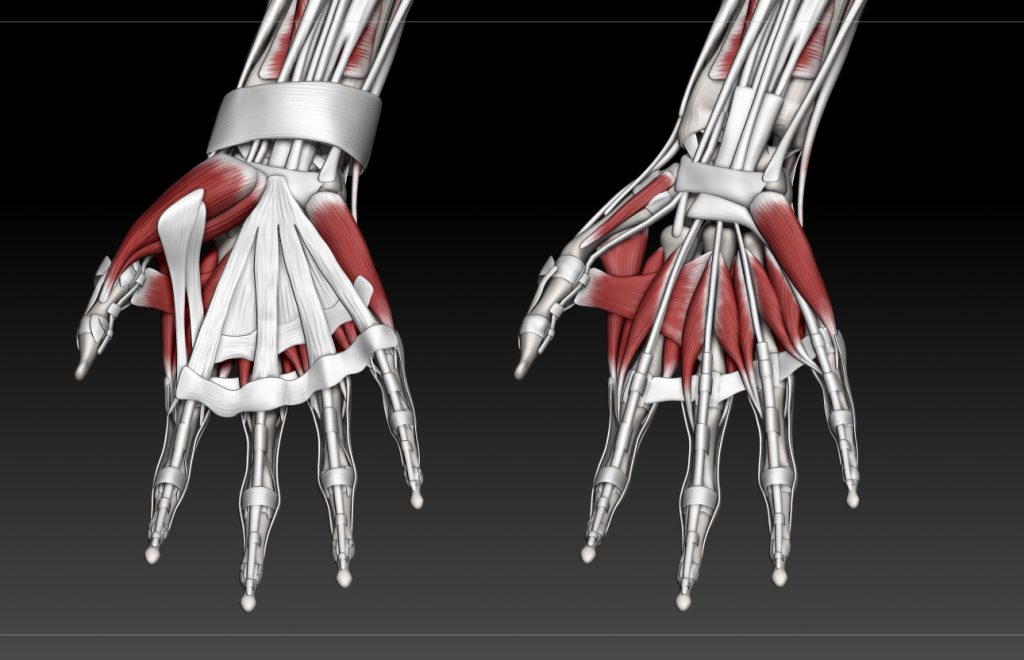
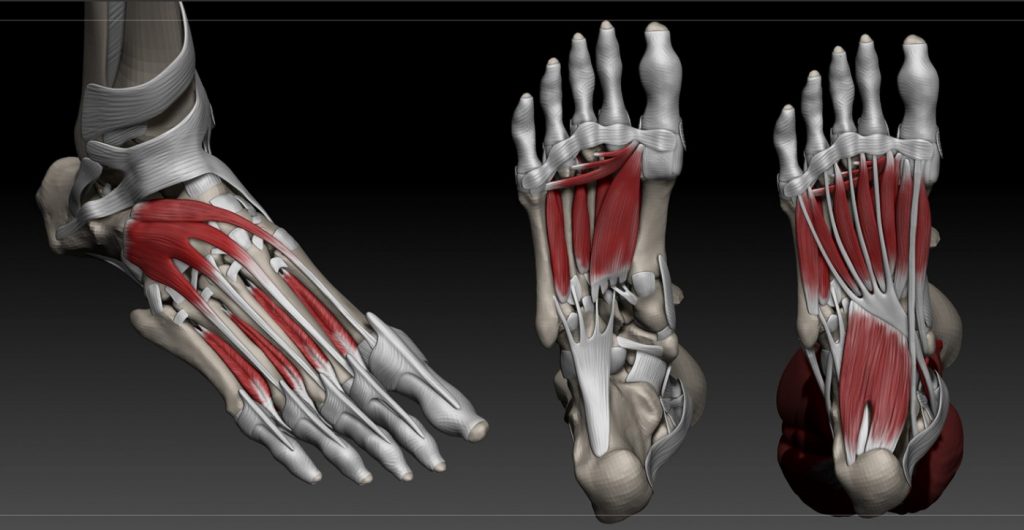
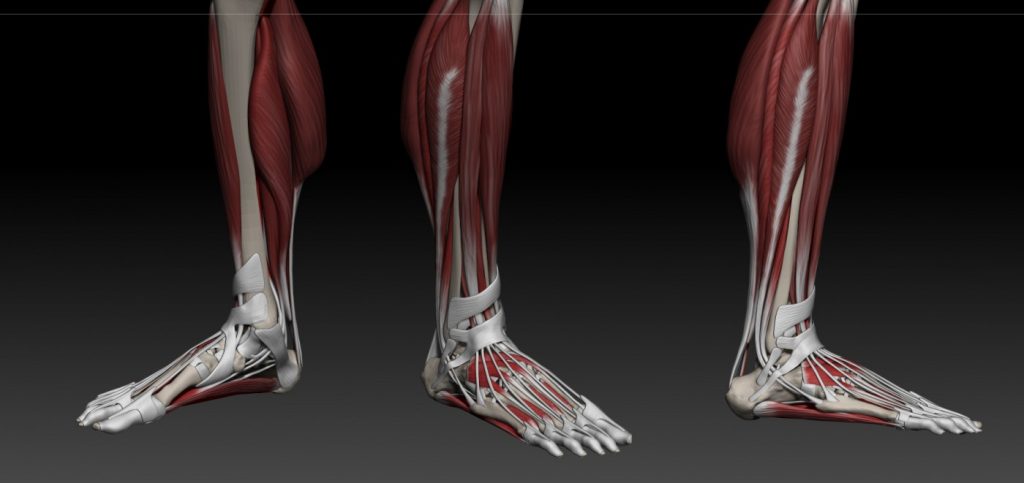
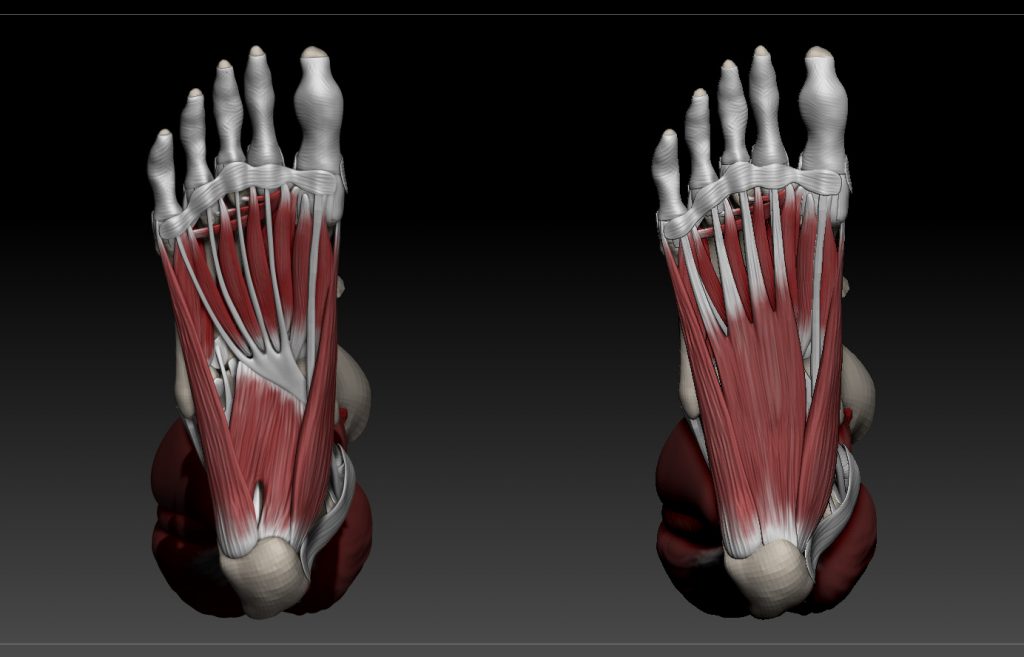
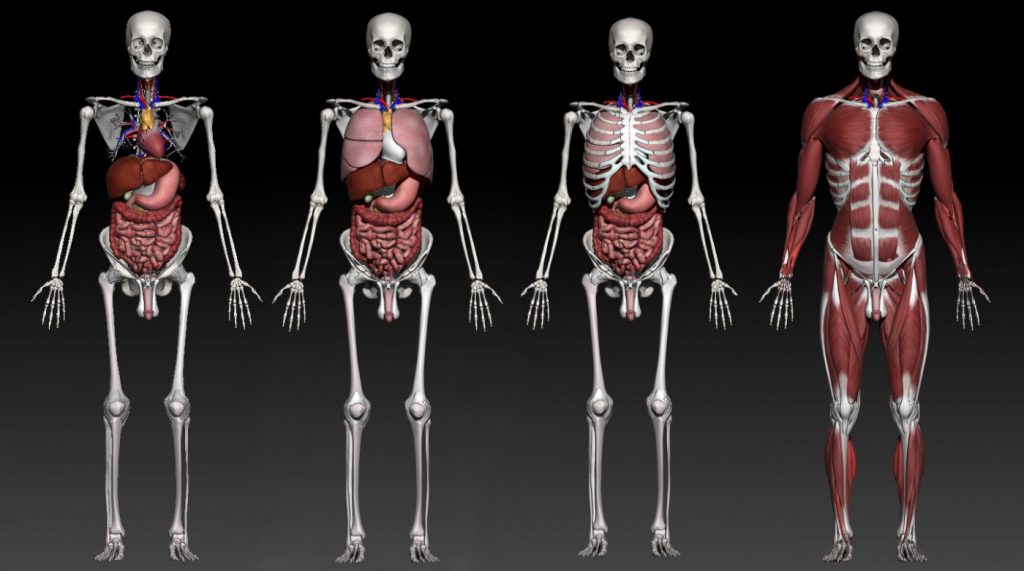
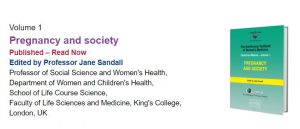
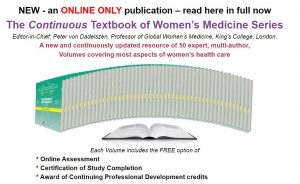
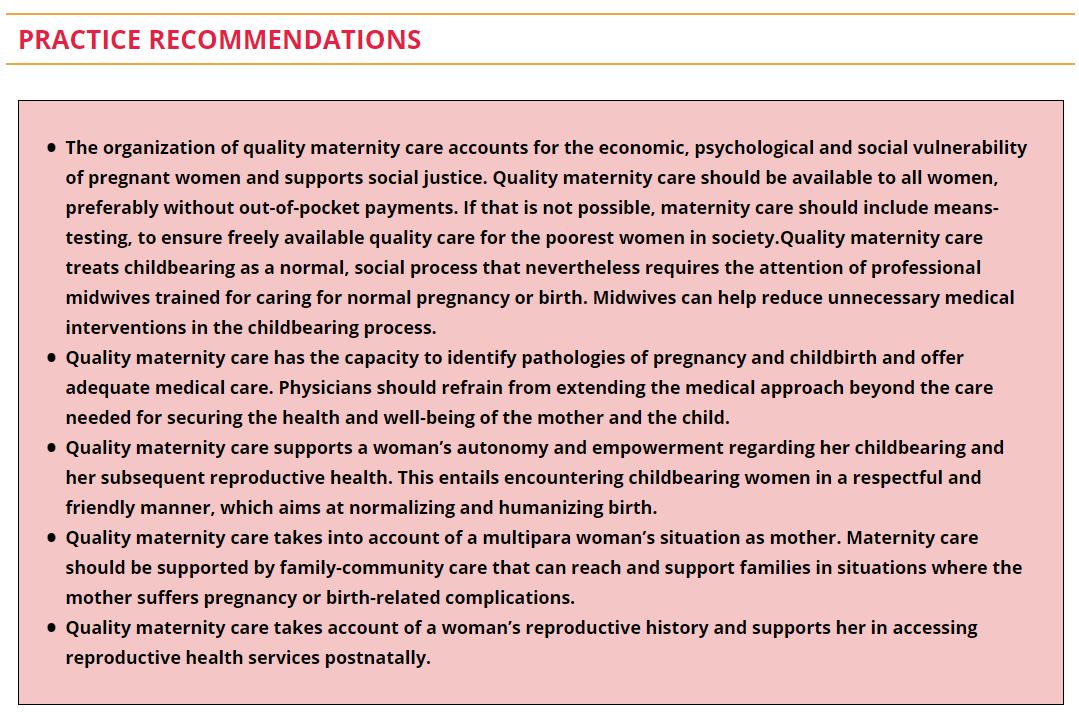
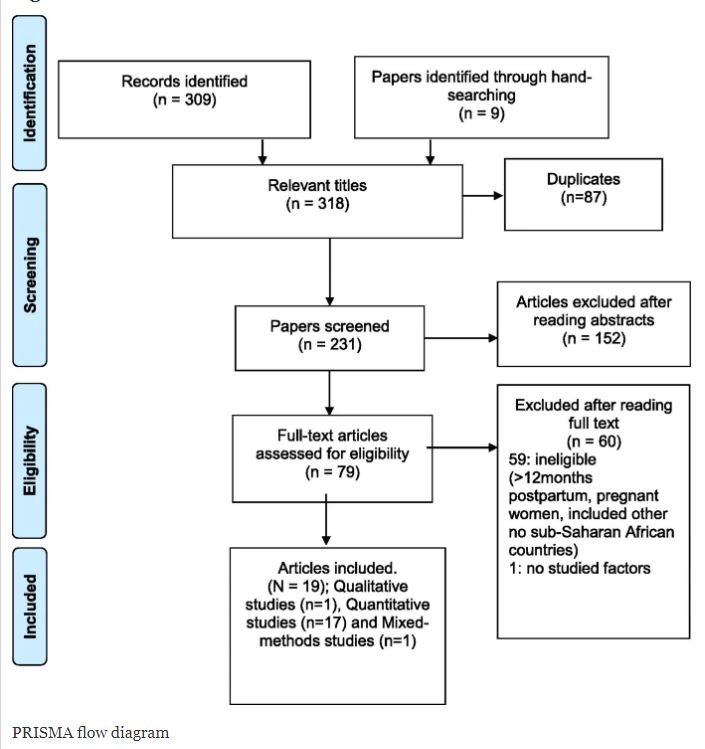
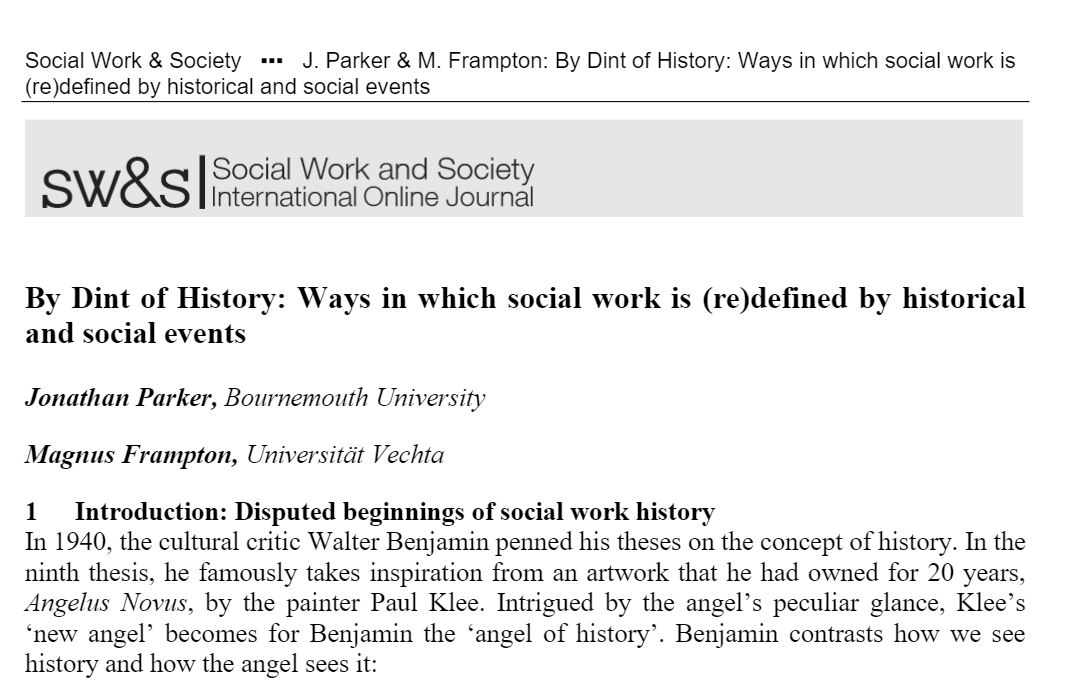











 Dr. Ashraf cited on ‘Modest Fashion’ in The Guardian
Dr. Ashraf cited on ‘Modest Fashion’ in The Guardian NIHR-funded research launches website
NIHR-funded research launches website Academics write for newspaper in Nepal
Academics write for newspaper in Nepal New paper published on disability in women & girls
New paper published on disability in women & girls MSCA Postdoctoral Fellowships 2025 Call
MSCA Postdoctoral Fellowships 2025 Call ERC Advanced Grant 2025 Webinar
ERC Advanced Grant 2025 Webinar Horizon Europe Work Programme 2025 Published
Horizon Europe Work Programme 2025 Published Horizon Europe 2025 Work Programme pre-Published
Horizon Europe 2025 Work Programme pre-Published Update on UKRO services
Update on UKRO services European research project exploring use of ‘virtual twins’ to better manage metabolic associated fatty liver disease
European research project exploring use of ‘virtual twins’ to better manage metabolic associated fatty liver disease